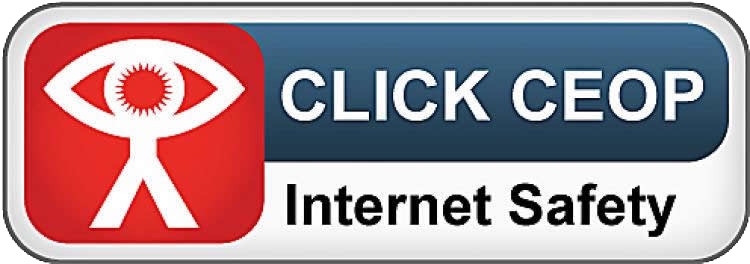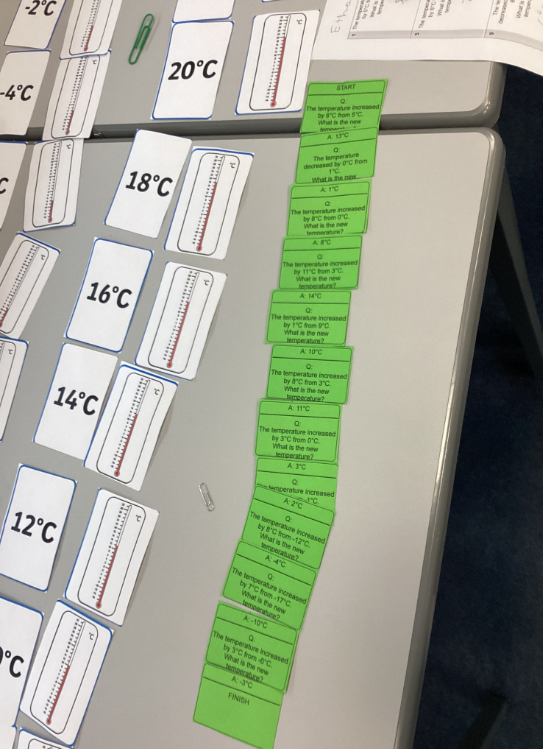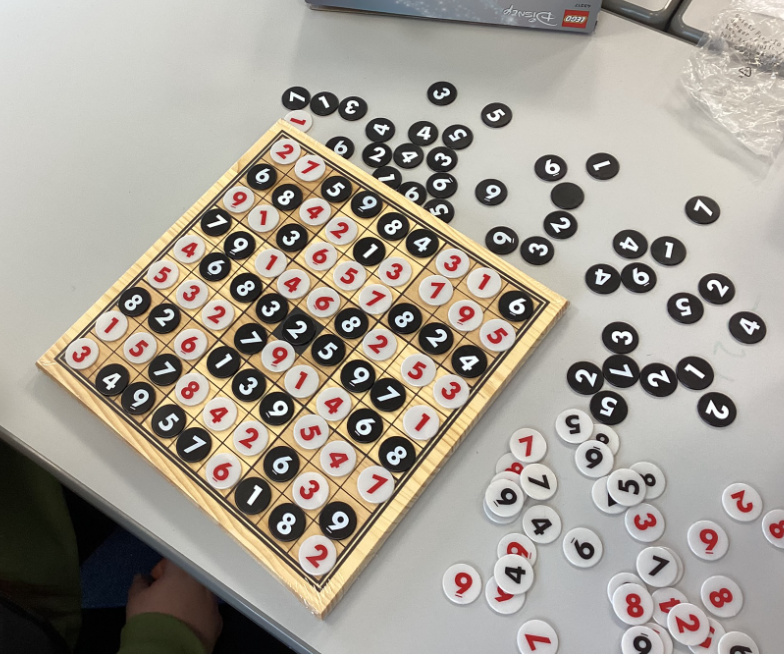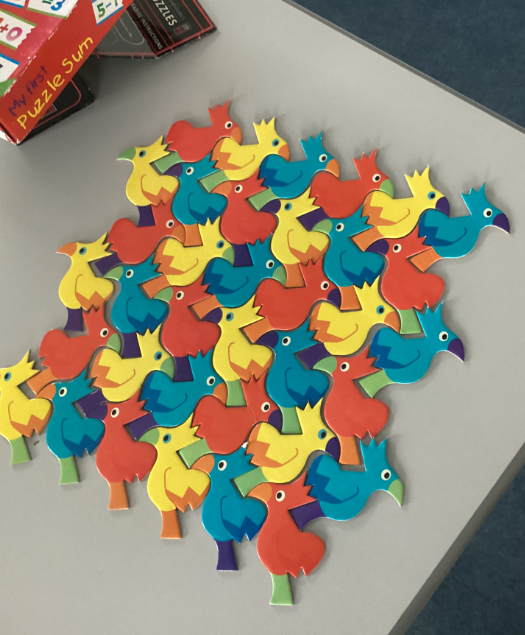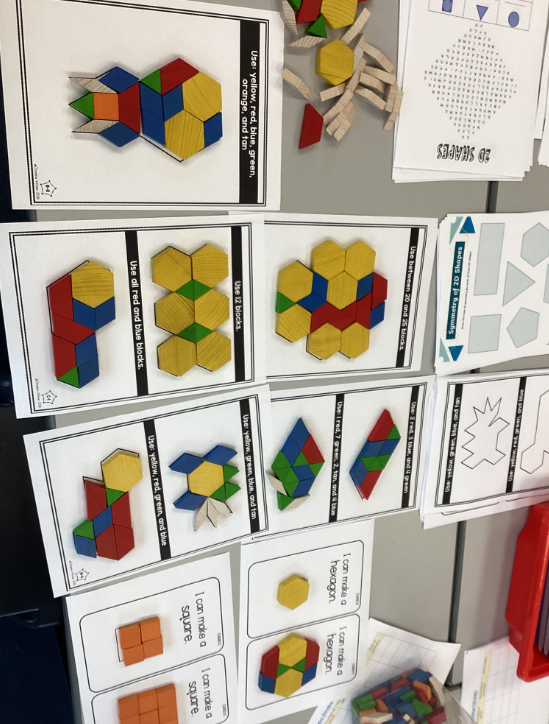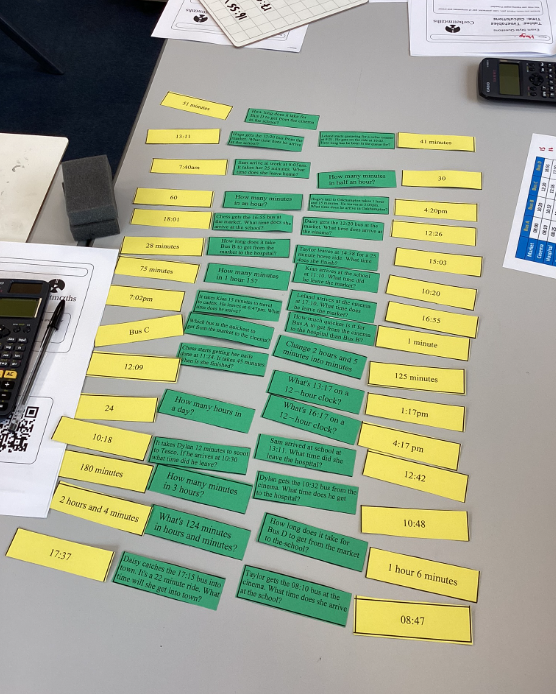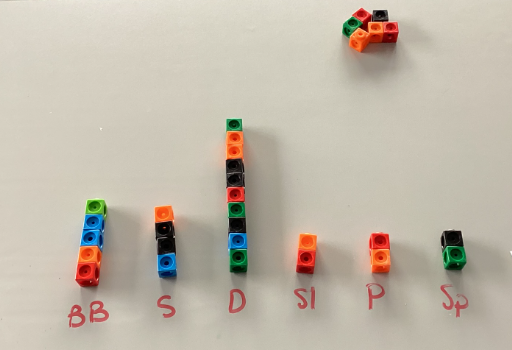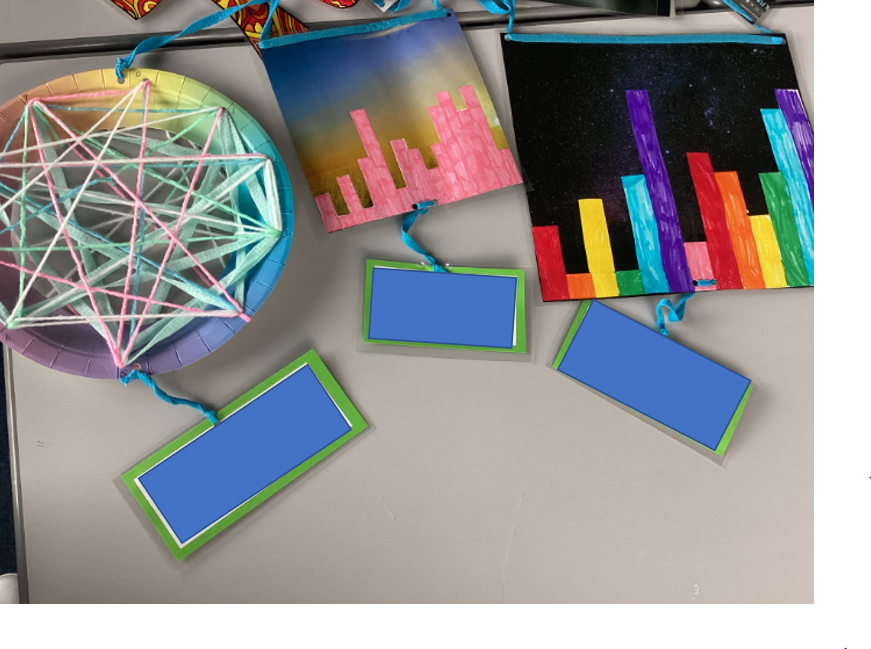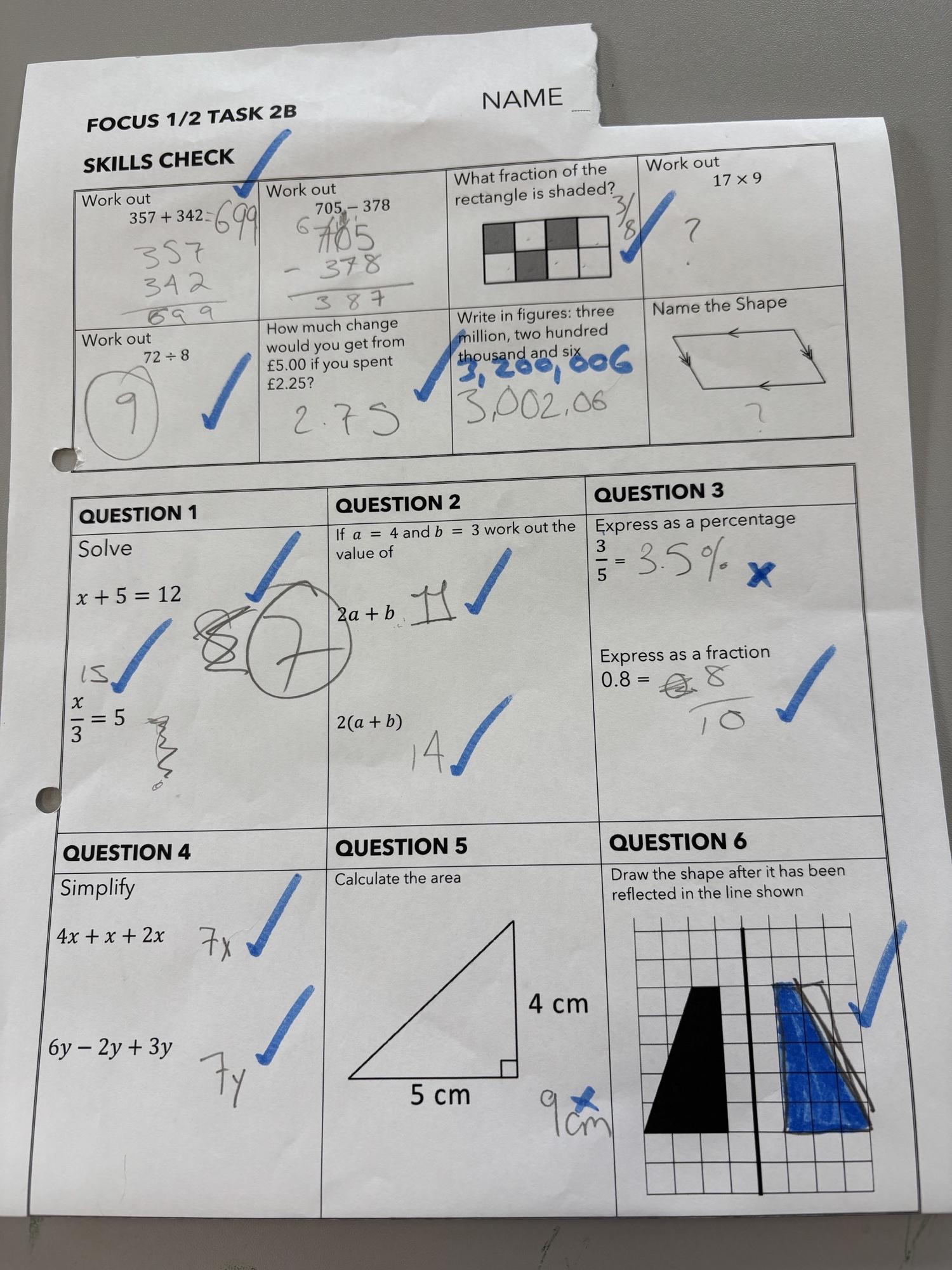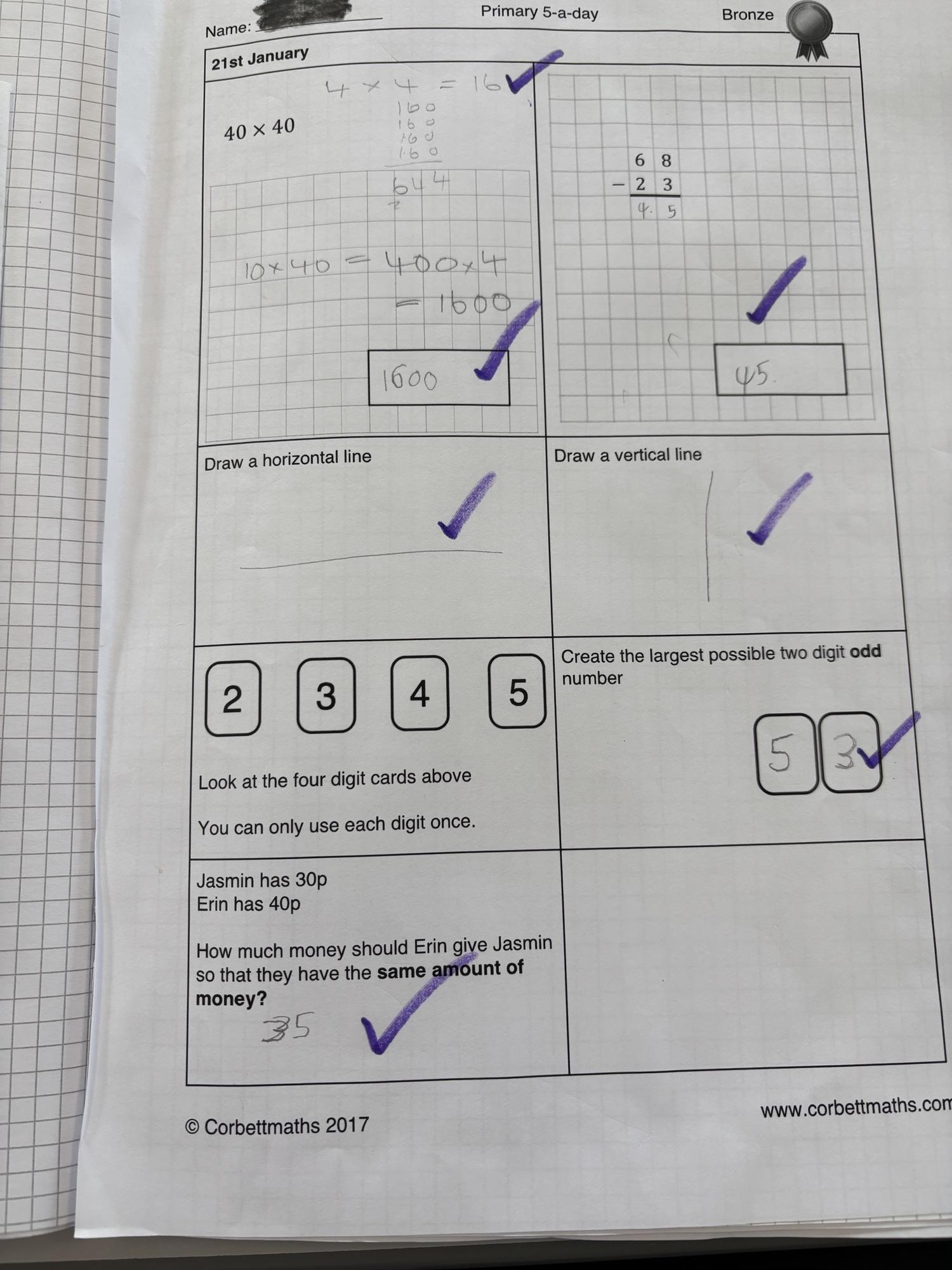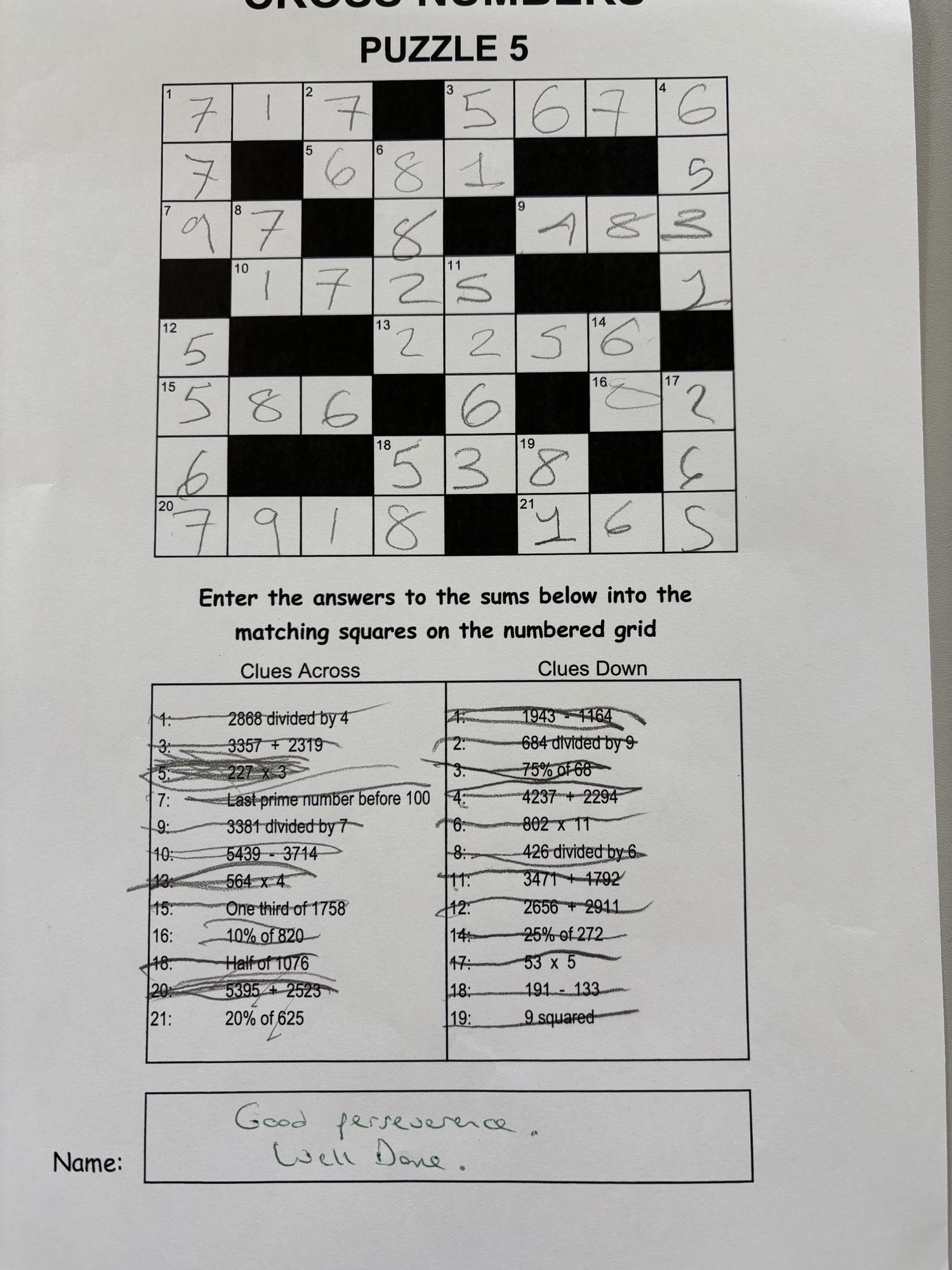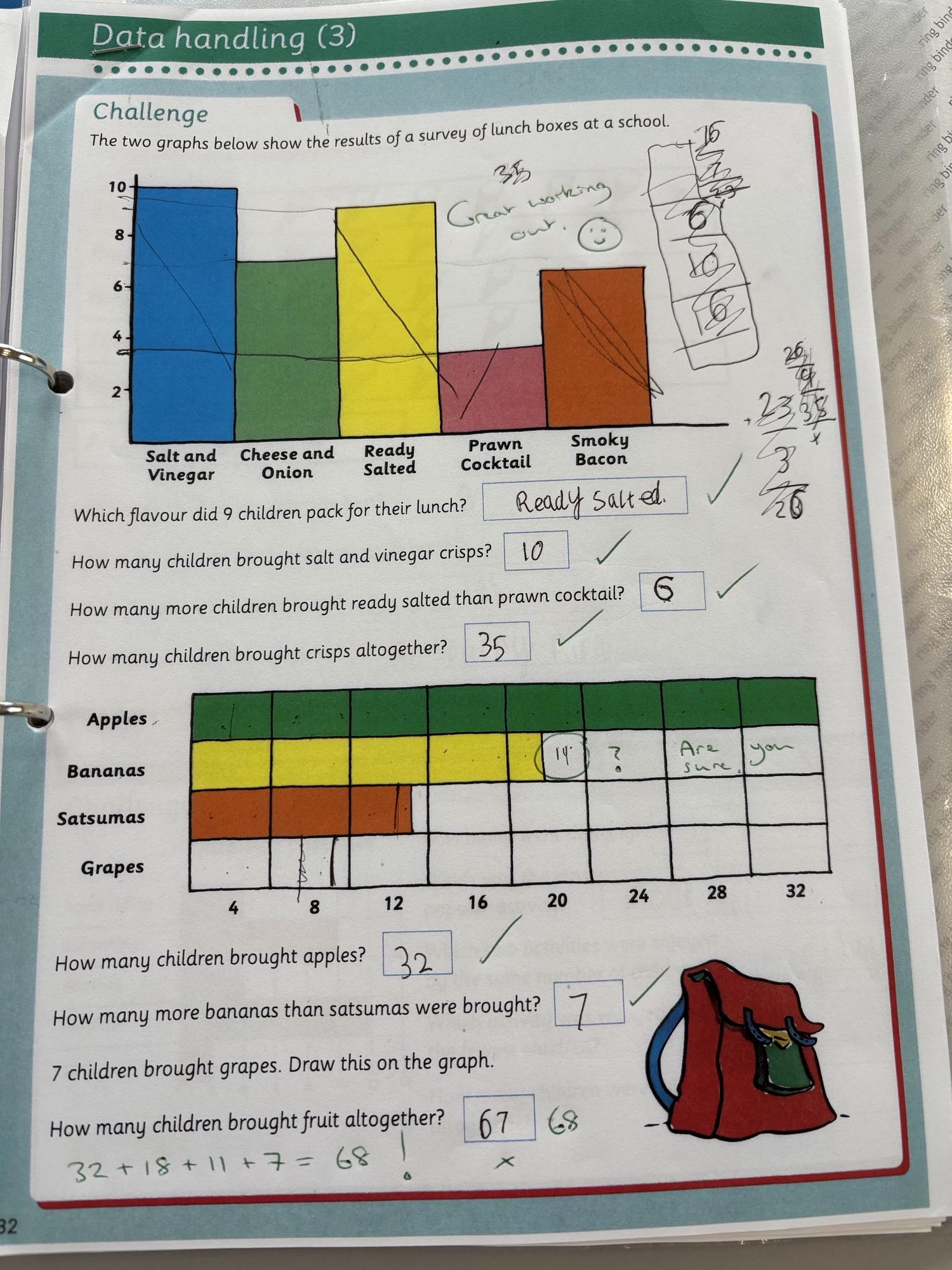Mathematics
Maths
This Term
In Maths everyone will be exploring the theme of ratio and proportion. KS3 students will be playing lots of games to strengthen their multiplication skills. We will be applying multiplicative reasoning to proportion problems involving potions and money.
In KS4 students will build on this by applying their multiplicative skills to ratio. We will learn how to draw bar diagrams to tackle more complicated problems to give us a visual approach to problem solving.
Intent
A secure base in mathematics equips children with the confidence and curiosity to discover concepts, skills and strategies to better view and understand the mathematical world around them.
The mathematics curriculum aims to inspire the mathematician in every student. Students will develop fluency and confidence using mathematics to reason and solve problems. A love of learning and mathematics will be fostered in all students. Students will learn to apply mathematics to their everyday lives now and in their future. As an SEMH provision, the logical nature of mathematics, puzzles and games can be used to support students with emotional regulation and students have the opportunity to explore this through the maths curriculum.
Implementation
Limits of attainment won’t be placed on students, instead we work with the student to explore the best way for each individual to learn mathematics. Students will be learning inside or outside, in groups or individually, through games or more traditional approaches– the students will guide their own learning. We will explore different pedagogic strategies alongside a wide range of resources which enables us to tailor lessons to individual needs.
We follow the national curriculum and study the six strands of mathematics – number, algebra, ratio, proportion and rates of change, geometry and measures, probability and statistics.
What are the key concepts in maths and why do we teach them?
-
Problem solving empowers students both in and beyond the classroom and is a key skill getting taught in maths lessons. It includes looking for patterns and relationships, making connections, conjecturing, reasoning, and generalising.
-
Fluency is developed through recall practise and building up confidence to accurately recall key facts. This offers flexibility to students to move between different contexts and representations of mathematics, to recognise relationships and make connections, and to choose appropriate methods and strategies to solve problems.
-
Understanding is developed by exploring mathematics through a range of methods. Students are encouraged to ask why and look at how things work to support a conceptual understanding of the mathematics.
Enrichment and cross-curricular links:
Mathematics is a subject full of relevance to our young people’s lives. Our curriculum showcases the importance of mathematics. Not just as a qualification which helps them get to their next steps, but also in a way that allows them to apply mathematics to their everyday lives now and in their future. Supporting students to handle money responsibly, learning about the role of mathematics for a range of careers and applying mathematics to everyday tasks. Mathematics will be explored through science, design and technology, humanities, art and music to demonstrate the relevance of mathematics and empowering students to see the beauty of the world through a mathematical lens.
Our thrive and trauma informed approach encourages us to incorporate play into our maths lessons which also allows students to discover connections within mathematics. Communication and team working skills will be developed throughout the mathematics curriculum. We support students to become independent learners who are confident to take risks. They will feel successful and enjoy learning.
Impact
Our mathematics curriculum ensures all students leave with an appropriate accreditation to follow their next steps after Marland. Students will start working on entry level maths or functional skills entry level and move towards functional skills level 1 and 2 or GCSE. The mathematics curriculum also supports the students thrive and nurture development.

